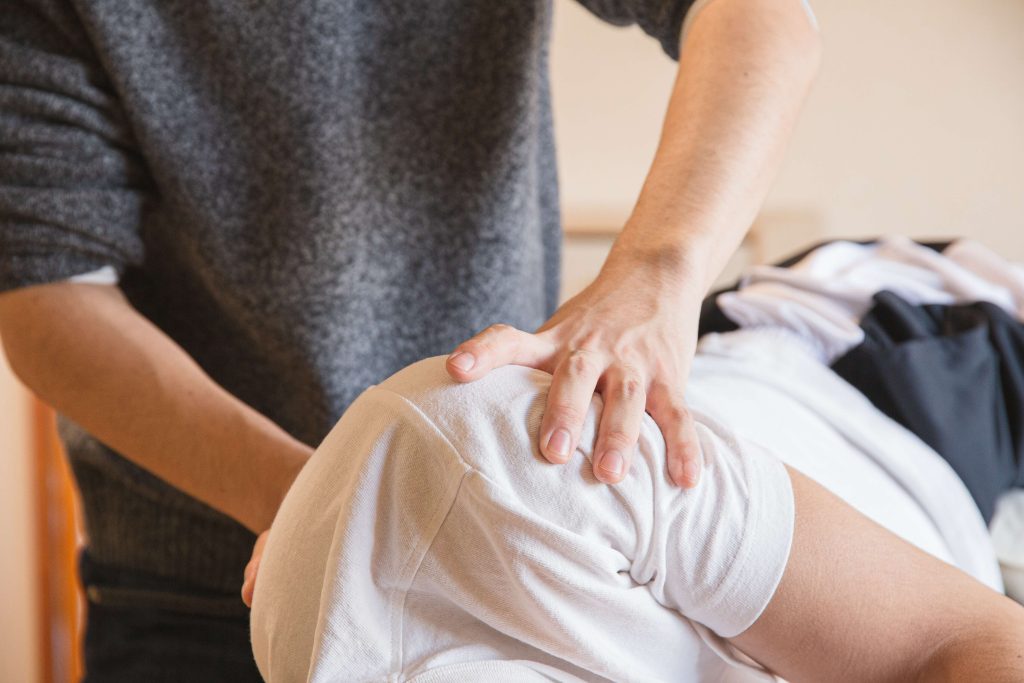Frozen Shoulder, AKA “adhesive capsulitis”, can be very debilitating and take many months to fully overcome even with the appropriate treatment. All the more reason to be sure you get the best treatment from the moment the diagnosis is made. Head-to-head studies of treatments have shown that PRP is superior to conventional options such as steroids and saline. It takes time to “thaw” a frozen shoulder, so start with the best treatment first.
Conventionally, steroids injections are often used alongside physical therapy to alleviate a frozen shoulder. This has been shown to reduce the pain and improve range of motion in most patients but the question is, is there something better?
PRP is best for thawing a frozen shoulder
Platelet rich plasma (PRP) is a medicine made from your own blood that is a concentrated solution of the growth factors and healing compounds contained in the platelets. In head-to-head studies comparing PRP, steroids, and saline injections, PRP has been shown to provide more pain relief and better range of motion at 3 and 6 months post injection1. Other studies have shown the same results: steroids reduce pain but PRP reduces pain more and for a longer duration post-treatment2.
PRP better than steroids: Steroids have side effects, PRP has side BENEFITS
An essential distinction making PRP better than steroids is that steroids have a strict limit on how often they can be administered because of their detrimental effect on cartilage and connective tissue3. PRP has no such limit and can be used as many times as needed to achieve the therapeutic goal. PRP has positive side effects on the cartilage and connective tissue structures that may be part of the mechanism for superiority to steroids.
Ultrasound guidance is essential
It is not uncommon for patients to report that the steroid injection they had didn’t do anything to improve the pain. This can often be the result of the injection being done without ultrasound guidance, leading to the medicine not being injected into the correct location. Even when injected into the right location, in a situation where the steroid hasn’t provided relief, the next steps are limited because you can’t just keep trying more steroids due to the side effects.
At Oregon Regenerative Medicine, we use ultrasound guidance for every injection to ensure precise delivery of the medicine. We also address the contributing factors by doing hydrodissections [is there a hydrodissection article?] and nerve blocks on the involved nerves to improve patient comfort, as well as do a full shoulder evaluation to make sure there are no other contributing issues like rotator cuff tears.

Partner with a good physical therapist
Physical Therapy is a mainstay of frozen shoulder treatment because even with the perfect medicine, getting gradual and progressive movement back in the shoulder is a necessity. A skilled physical therapist is an irreplaceable partner in the journey back to health for conditions like this. At Oregon Regenerative Medicine, we partner with MovementX to ensure the best outcomes for our patients.
Frozen shoulder can be frustrating– we get it. Make sure you’re getting the best care possible from the very beginning with the right medicine, delivered precisely, and within a knowledgeable team.
Sources
- Nudelman B, Song B, Higginbotham DO, Piple AS, Montgomery WH. Platelet-Rich Plasma Injections are at Least Equivalent to Corticosteroid Injections for Adhesive Capsulitis: A Systematic Review of Prospective Cohort Studies. Arthroscopy. 2023 Jan 25:S0749-8063(23)00031-2. doi: 10.1016/j.arthro.2023.01.013. Epub ahead of print. PMID: 36708748.
- Kothari SY, Srikumar V, Singh N. Comparative Efficacy of Platelet Rich Plasma Injection, Corticosteroid Injection and Ultrasonic Therapy in the Treatment of Periarthritis Shoulder. J Clin Diagn Res. 2017 May;11(5):RC15-RC18. doi: 10.7860/JCDR/2017/17060.9895. Epub 2017 May 1. PMID: 28658861; PMCID: PMC5483763.
- Wernecke C, Braun HJ, Dragoo JL. The Effect of Intra-articular Corticosteroids on Articular Cartilage: A Systematic Review. Orthop J Sports Med. 2015 Apr 27;3(5):2325967115581163. doi: 10.1177/2325967115581163. PMID: 26674652; PMCID: PMC4622344.



